|
As educators and educational personnel, our constant goal is to empower our students with the necessary knowledge, skills, and attitudes to thrive in our diverse and multicultural society. In today's world, where diversity and tolerance are paramount, fostering these values in the classroom has become essential for teachers, schools, and adult education programs. Cultivating empathetic and open-minded individuals can create a significant impact not only on learners but on society as a whole. The new edition of the course “Diversity in the classroom: teaching tolerance and overcoming prejudices and discrimination” took place in Bologna from (18/02/2024 - 24/02/2024). The participants came from all across Europe, with Soňa Šťastná from Základní škola Humpolec in Czech Republic; Taina Rauhamaki from Live Vocational College in Finland; Maria João Carvalho from Agrupamento de Escolas de Eiriz, Baião and Ana Marisa Almeida from Agrupamento de Escolas do Sudeste de Baião in Portugal; Gemma Gou Alsina from Institut Francesc Ferrer i Guàrdia (Sant Joan Despí) in Spain; Annika Hansson, Krista Davel and Christa Jonsson from Slottegymnsaiet, Ljusdal in Sweden; Soare Mariana, Negulescu Adriana, Ionescu Simona, Bratu Mihaela Denisa and Tiu Ilarion from Centrul Judetean de Resurse si Asistenta Educationala Ilfov (CJRAE Ilfov) in Romania; Cintia Godoy Torras and Marta Somoza García from CEIP ODÓN DE BUEN in Spain. The initial focus of the course was to delve into the concept of identity. Teachers participated in a hands-on and visual activity designed to explore their own identities. They were tasked with creating portraits, with one half depicting their outward appearance and the other half representing their intrinsic characteristics and values. This exercise led to discussions on how our identities shape our perceptions of the world and of others. We also addressed significant challenges related to recognizing and championing cultural diversity. A TED talk prompted us to consider asking "where are you local?" rather than "where are you from?" as our identity is not solely tied to our country but encompasses our entire cultural background. Our identities are multifaceted and interconnected. A crucial aspect of our exploration into diversity was the discussion on stereotypes—their origins, impacts (both negative and positive), and how they influence our judgments and behaviors. Through storytelling, we observed how stereotypes can evolve into discrimination and biased views. Delving into a sensitive area, we discussed awareness and respect, emphasizing how our perceptions of the world are shaped by our identity. We engaged in various activities and simulations that fostered critical thinking to comprehend the intricate relationship between our values and culture. The part of the course dedicated to membership allowed us to understand the feelings of exclusion and the challenges of inclusion. The "geese exercise" with its exploration of leadership styles was particularly insightful in this context. Additionally, we delved into conflict management and conflict management styles and its significance in creating a supportive environment.
Finally, we explored the vital trait of empathy. Through deep discussions on emotions and feelings, we encouraged teachers to empathize and understand others' perspectives. Recognizing and expressing our emotions is crucial, and teaching these skills to our students is equally important. After all, it was a bright week full of new knowledge, practice, sharing, deep conversations and thoughts, ideas and emotions. Discover more about this course here. In the realm of education, the conventional image of a teacher revolves around the transmission of knowledge and the cultivation of essential skills in students. On the flip side, a coach is often envisioned as a supportive figure, adept at motivating individuals through attentive listening, incisive questioning, and gentle challenges. Yet, what if educators embraced the multifaceted role of a coach within their classrooms? What if they not only disseminated information but also inspired and empowered their students to reach their full potential? This shift in perspective could herald a transformative approach to teaching, one where educators evolve into dynamic catalysts for growth and self-discovery. There were the questions we had in mind during the new edition of the course “Emotional intelligence and coaching inside the school and educational context” that took place in Palermo from the 11/02/2024 till the 17/02/2024. The participants came from all across Europe, with Maarja and Carita from Tartu Jaan Poska Gümnaasium in Estonia, Jelena and Laura from Jelgava Local Municipality, Education Board in Latvia, and Živa and Urška from OŠ Draga Bajca Vipava in Slovenia. We started the week with During the course we explored the concept of Emotional Intelligence, emphasizing the importance of recognizing both personal and others' emotions to foster self-awareness and understanding within the educational context. A teacher with emotional intelligence can establish rapport with students and assist them in managing their emotions effectively. Coaching involves motivating and guiding individuals to reach their full potential, often through setting SMART (Specific, Measurable, Achievable, Realistic, Time-bound) goals. Participants were tasked with setting SMART goals for themselves, ensuring clarity and attainability in their objectives. Participants also practiced the ability of giving feedback inside the GROWTH mindset perspective, training themselves with an challenging role play. The course also underscored the significance of questioning techniques in promoting critical thinking, self-reflection, and action. Participants delved into crafting learning-focused questions aimed at stimulating engagement and cognitive development. Additionally, they explored the "Solution-Focused Brief Coaching" model to instill a solution-oriented mindset among students. Conflict management and problem solving emerged as another critical coaching skill applicable in various settings, including classrooms. By fostering self-awareness and emotional regulation, educators can mitigate conflicts and facilitate constructive resolutions. The role of a coach lies in guiding students through conflict analysis, decision-making, and behavioral evaluation without imposing solutions. To further develop our coaching toolbox, we explored an activity called the Six Thinking Hats, which encouraged participants to engage in and account for different angles when approaching a problem. As the training week drew to a close, participants departed with enriched perspectives gleaned from the exchange of common experiences and the mosaic of cultural diversity present. Armed with newfound coaching skills honed through collaborative learning, educators now stand poised to inject vitality into their classrooms. By seamlessly integrating these techniques, they embark on a journey of transformation, where every interaction becomes an opportunity to inspire, motivate, and empower students towards academic excellence and personal growth. Discover more about this course here.
Immersive learning: navigating the digital frontier with ICT tools for enhanced student engagement2/20/2024 Maintaining the motivation, engagement, and enthusiasm of the classroom during teaching can be challenging: this is why ICT tools, among which apps and web platforms, play a crucial role in aiding professors to effectively communicate information while sustaining their students' focus. In today's educational landscape, it is imperative to be proficient in interactive learning methods in order to provide scholars with alternative and non-traditional approaches and ensure their ongoing engagement. The latest edition of the course titled "Integrating ICT and new technologies into teaching and education" occurred in Tenerife from 11/02/2024 to 17/02/2024. Attendees hailed from various parts of Europe with David, Siobhan and Arlene from St Wolstans Community School, Alexandra and Patricia from Bischöfliches Willigis Gymnasium, Kaire and Kati from Tallinn English College, Jakub from Základní škola Nový Jičín, Antonello and Tania from Beata, Paweł from Warsaw University, Noneta, Loreta and Diana from Ukmergės r. Taujėnų gimnazija, Luk and Jonathan from College | Oostende. Throughout this course, participants acquired the skills so as to utilize a wide array of technological tools and effectively integrate them into their teaching methodologies. Initially, teachers explored the simplest and most user-friendly tools for editing pictures and videos, which prove highly effective in educational contexts: as a matter of fact such tools serve various purposes, including preparing multimedia content, introducing new topics or summarizing previous ones and inspiring students to engage their inventiveness by creating their own work. On this subject video presentations are highly beneficial for invigorating students and capturing their attention. Furthermore, participants gained knowledge on creating websites through a straightforward process: in point of fact, thanks to this course, the group had the opportunity to experiment with a drag-and-drop tool for website creation, which could assist them in developing internet sites for their schools. Over the past years, traditional education has made way for virtual lessons and online classes: consequently, it became essential for this course to explore applications conducive to conducting online classes, such as a virtual whiteboard capable of fostering engaging and captivating online lessons, along with facilitating collaborative learning experiences. Moreover, teachers had the opportunity to delve into the realm of technology through numerous practical activities, among which presentations, virtual quizzes, learning the art of crafting engaging social media content, utilizing tools designed for organizing graphics, posters, collages and more. In this course participants had the opportunity to engage with one another and glean insights from their collective experiences and, as they concluded the week, they departed equipped with fresh knowledge of interactive learning and a new toolkit ready for implementation in their classrooms: undoubtedly, this approach is poised to amplify students' creativity, engagement, attention and motivation, thereby transforming learning into a lively and dynamic pursuit! Explore more about this course here.
Teaching languages with tech can be a real game-changer, but it's not always easy for teachers to keep up with the digital know-how needed to keep their classrooms buzzing. Tech tools let students get hands-on, working together and sparking their creativity. They're not just for introducing new stuff or wrapping up old lessons; they're also great for personalizing learning and getting students to show what they've got. |
Welcome to the ELA Blog. Here you will find articles and photos of our courses and have a look at the topics addressed during the week in Bologna, Palermo and Tenerife. You will also have the chance to take a peek at our projects and check out what we have been up to.
Archives
July 2024
Categories |
-
Course catalogue
- 2023-2024 course catalogue
- Soft Skills >
- ICT and New Technologies >
- Inclusion and Diversity >
-
Innovative Teaching Methods
>
- Innovative teaching methods discovery
- Non-formal education teaching methods
- Dual education and work-based learning
- Teaching leadership and entrepreneurship
- Project based learning
- Game based learning and gamification
- Green skills
- Outdoor education
- Outdoor education trekking edition
- Promoting creativity and critical thinking
- Languages and EU projects >
- Preschool >
- Erasmus Plus KA1
- What we do
- About us
- Locations
- Blog
- Contact us
 English
English български
български Čeština
Čeština Español
Español Français
Français ελληνικά
ελληνικά Italiano
Italiano Polski
Polski Português
Português Română
Română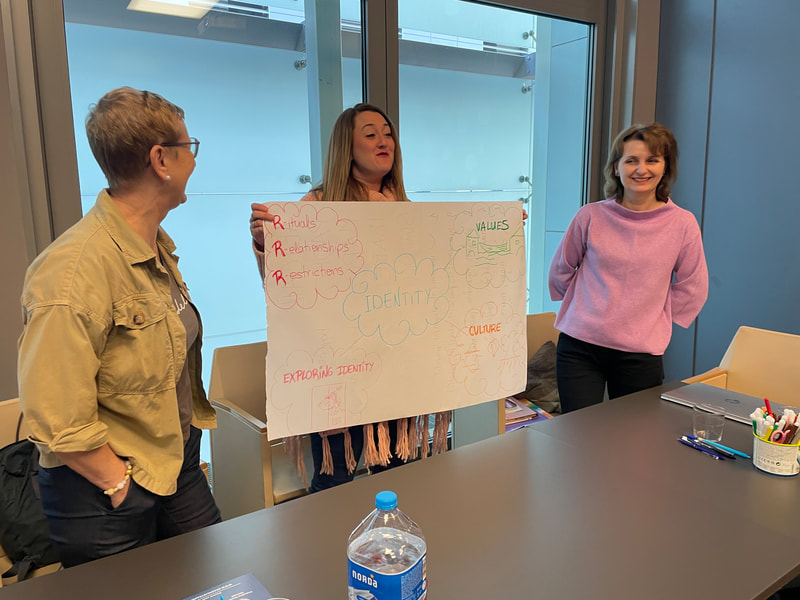
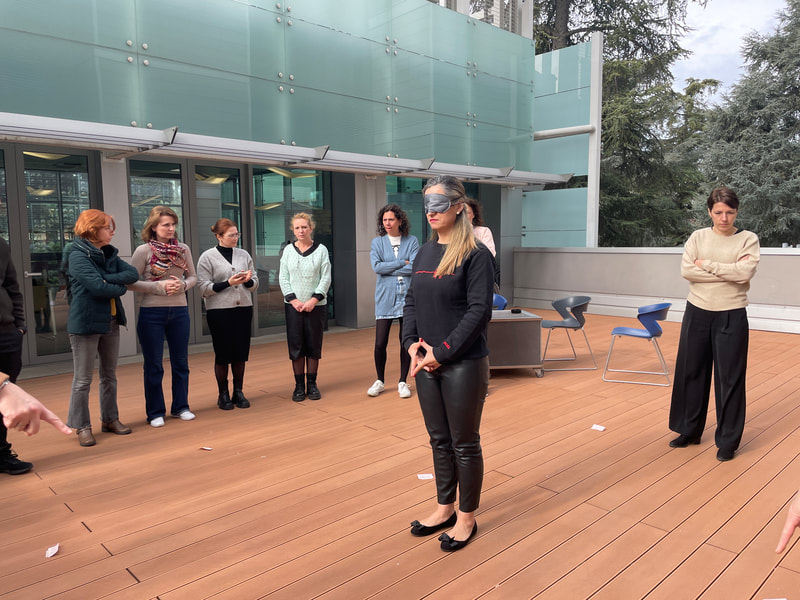
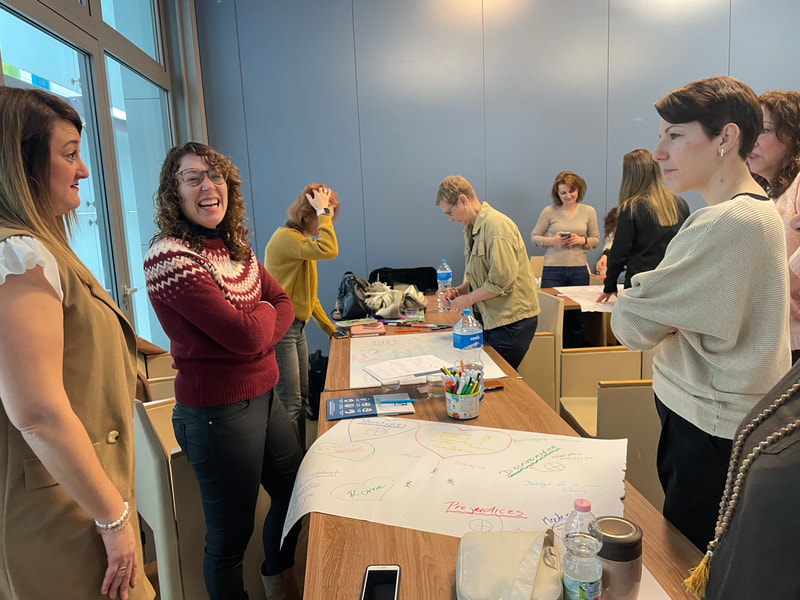
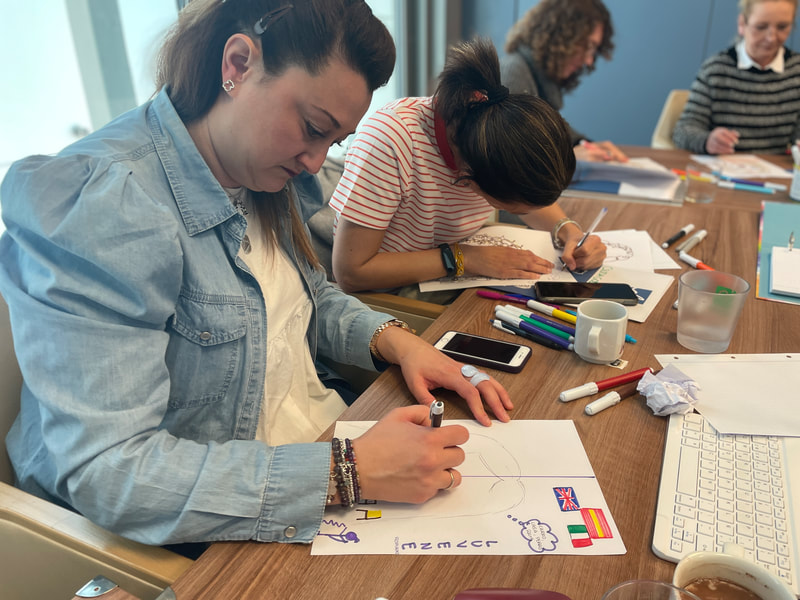
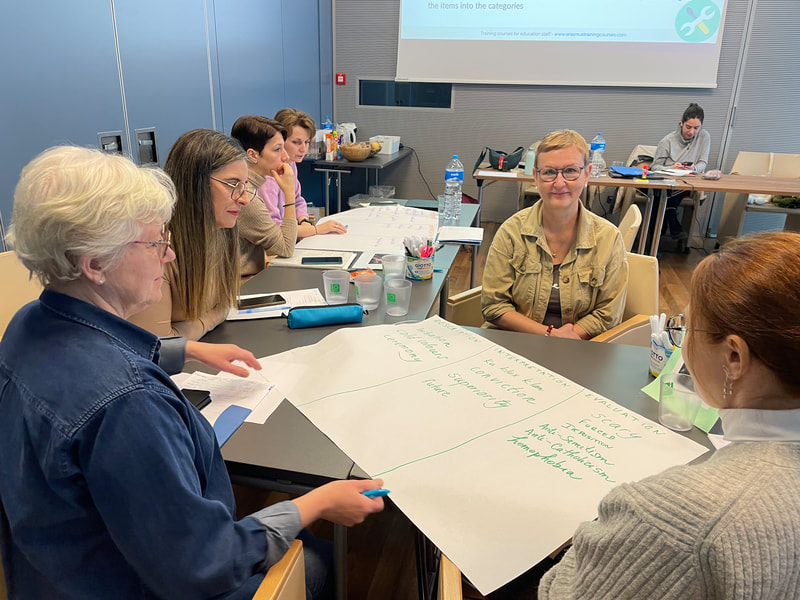
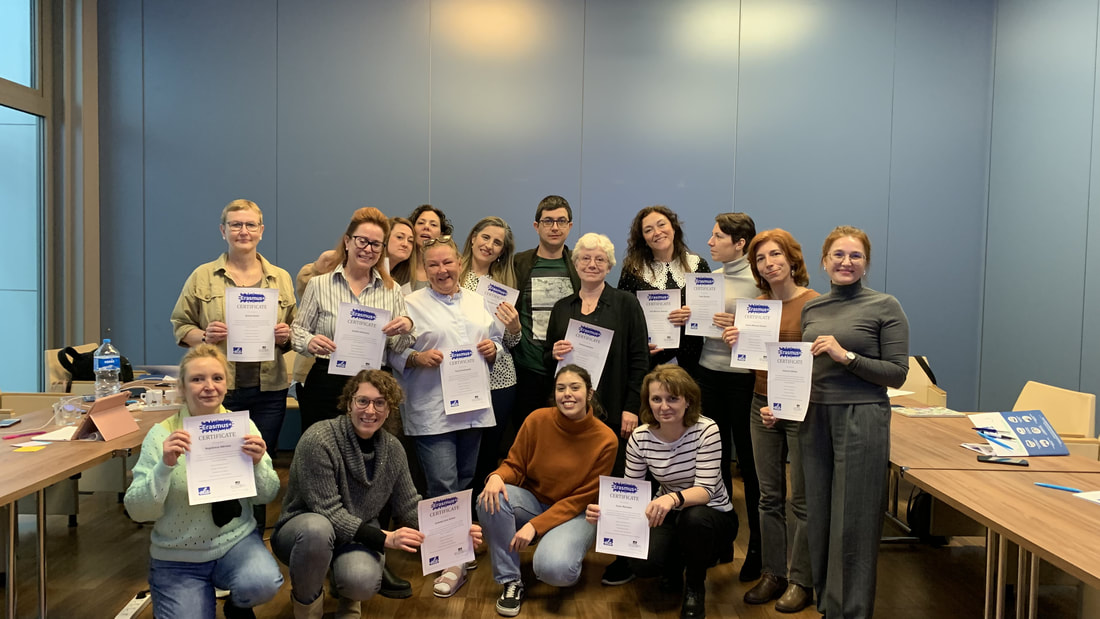
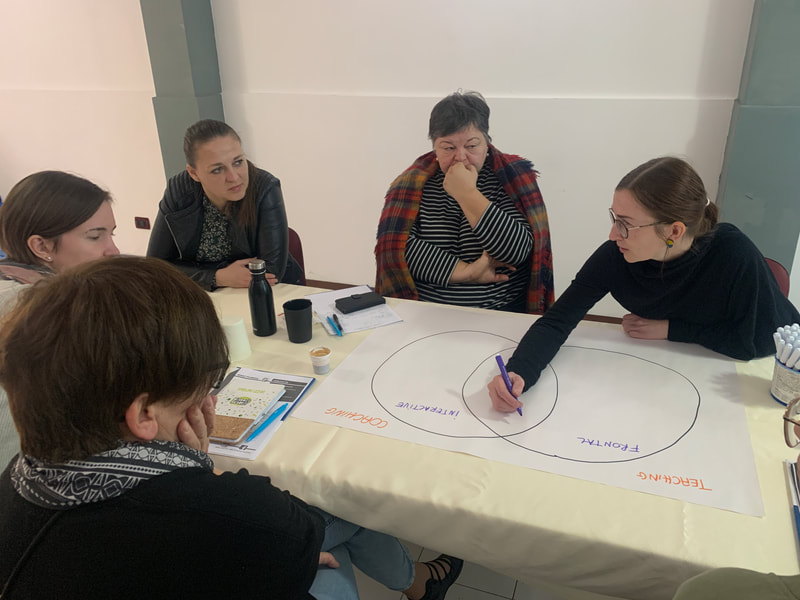
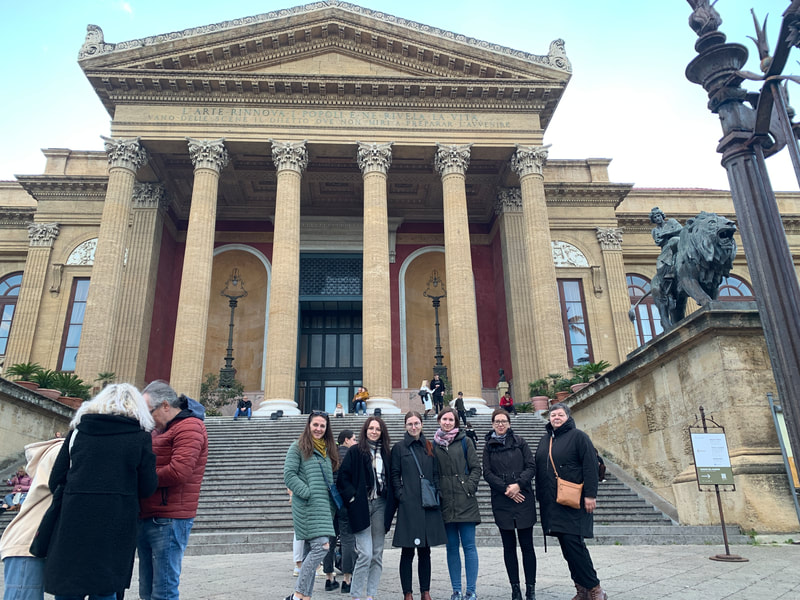
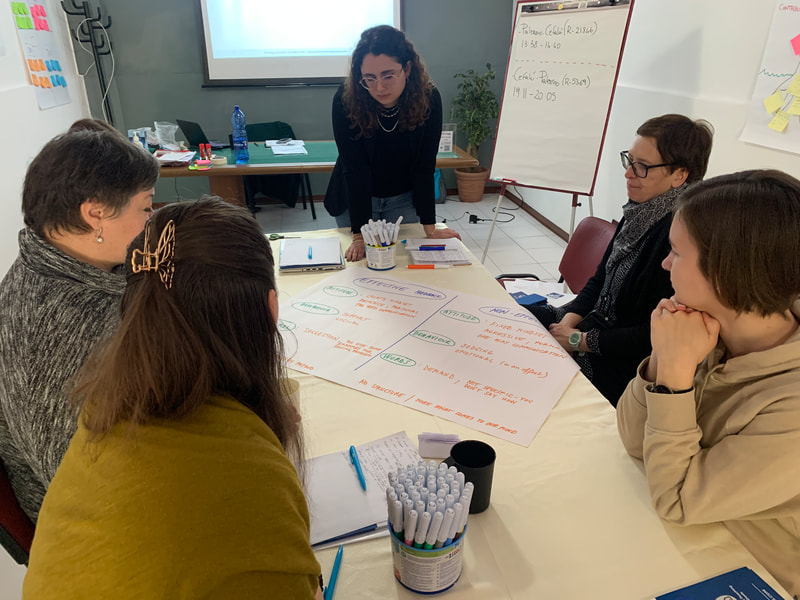
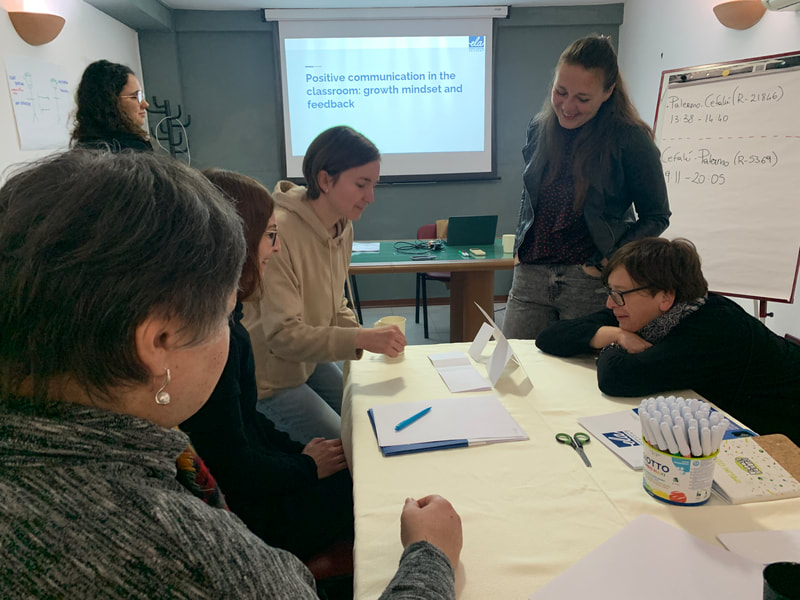
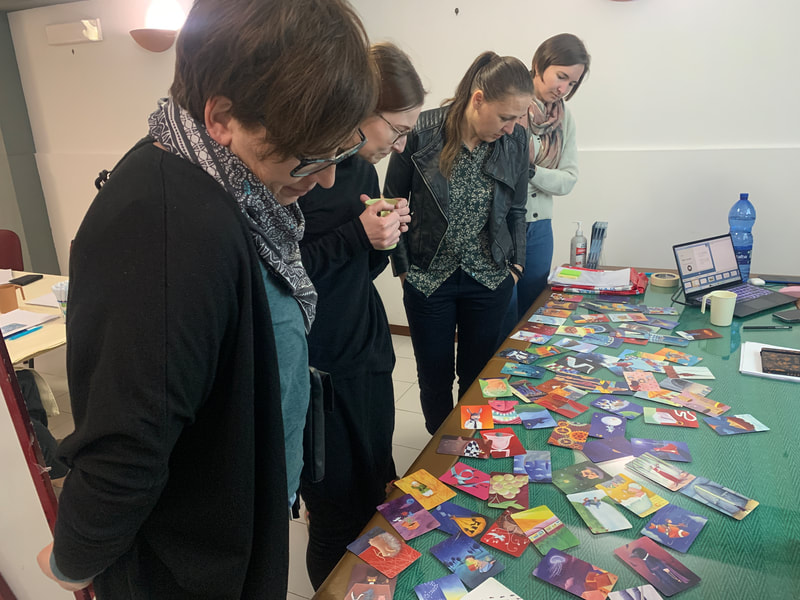
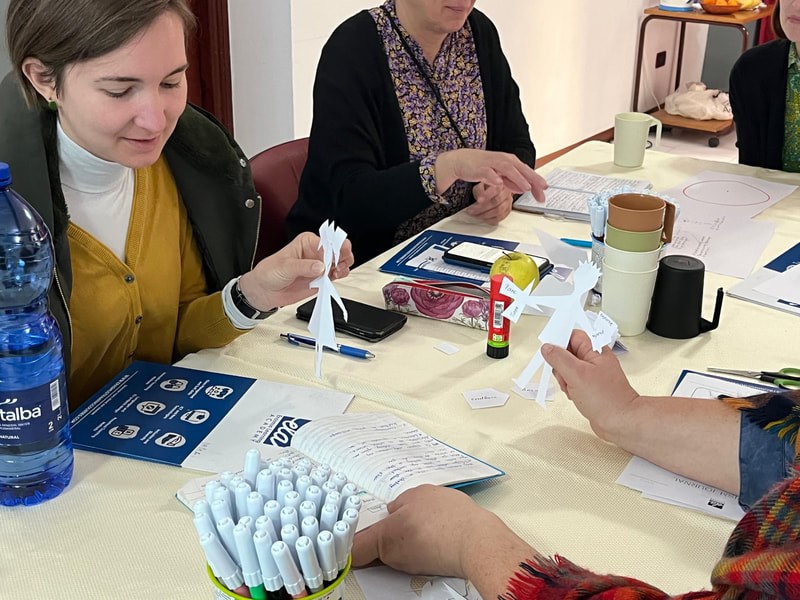
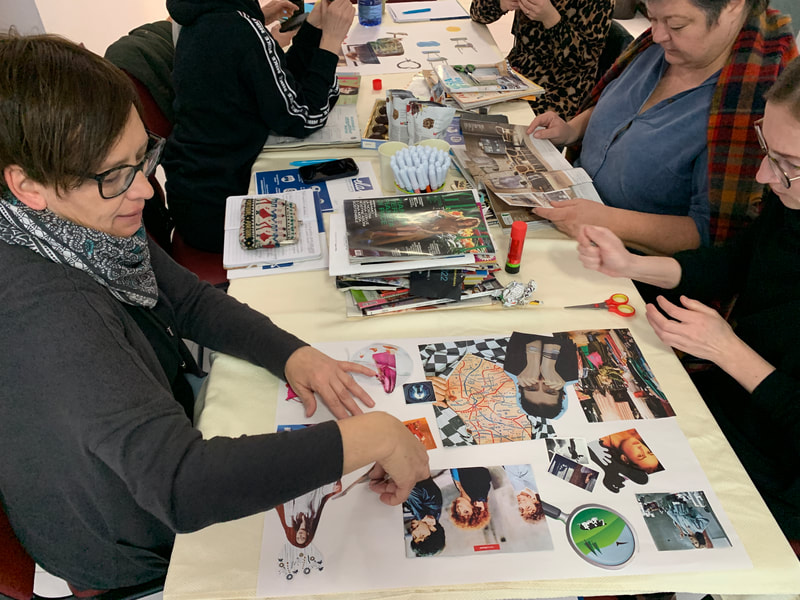
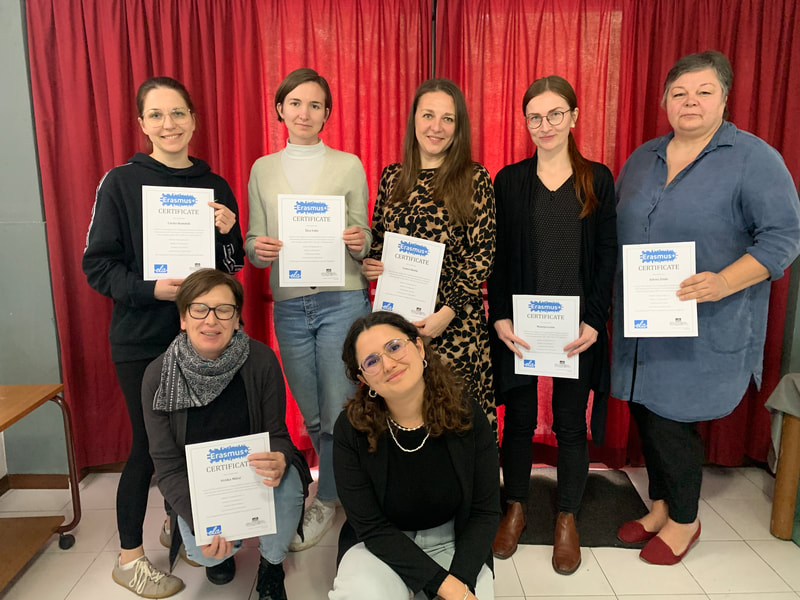
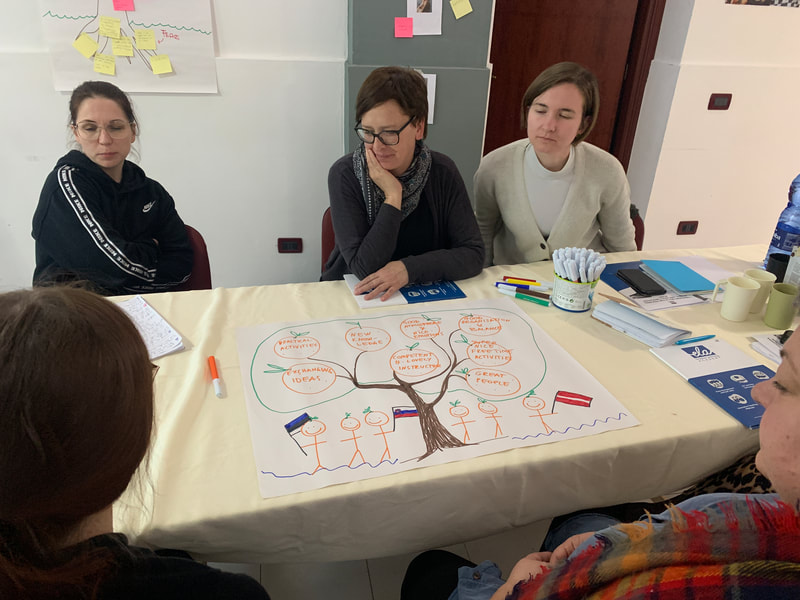
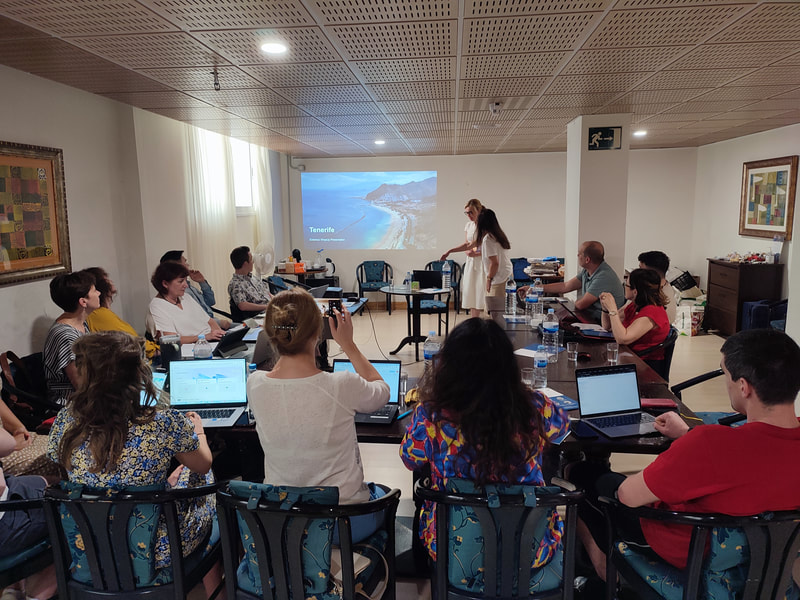
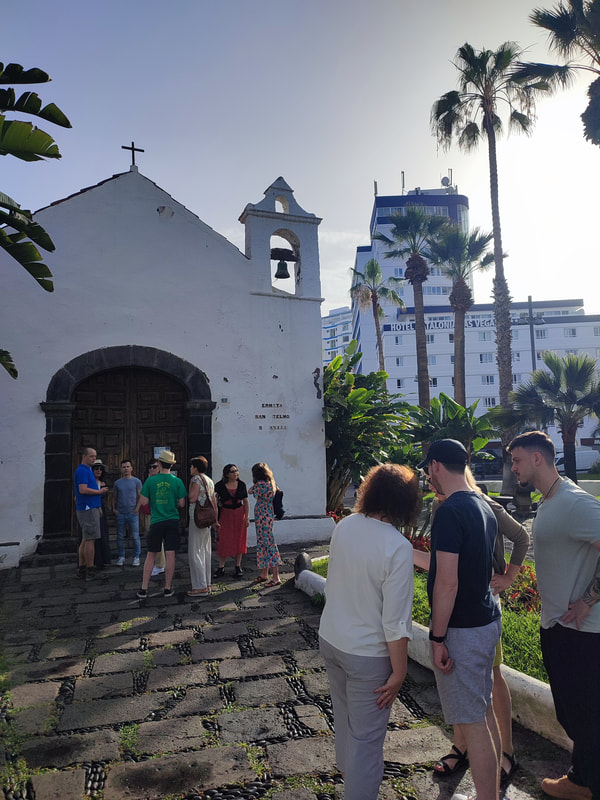
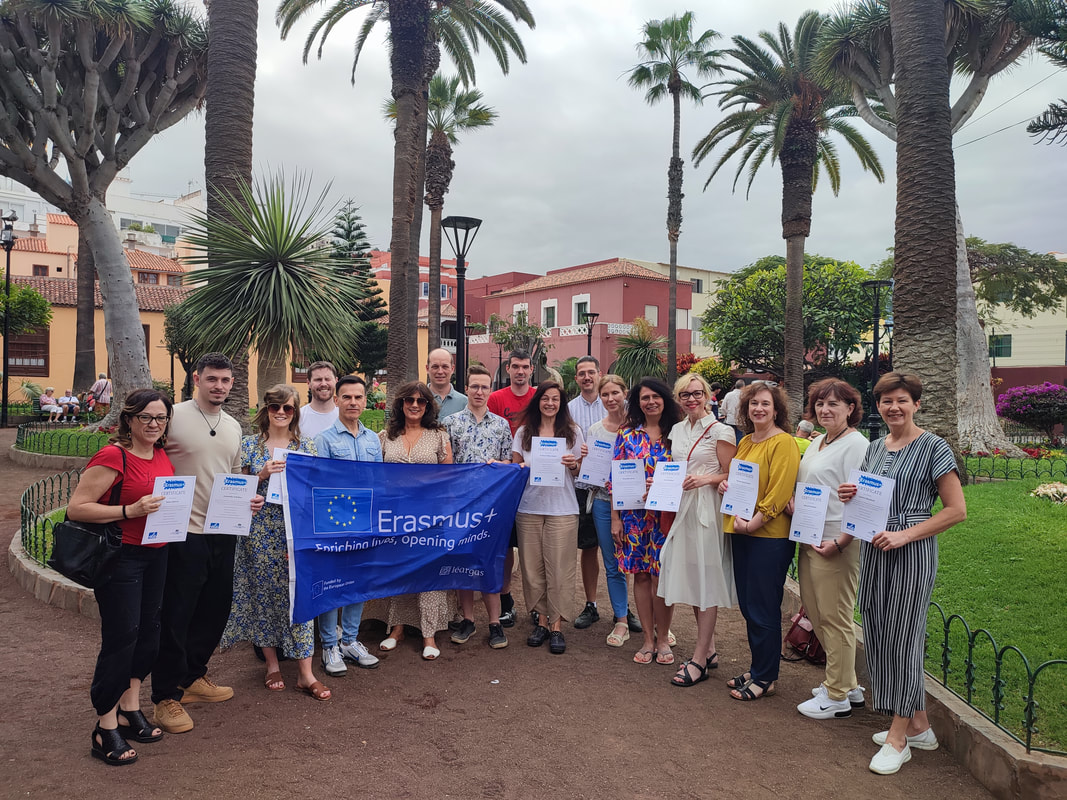
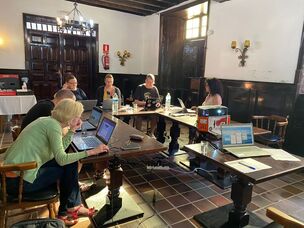
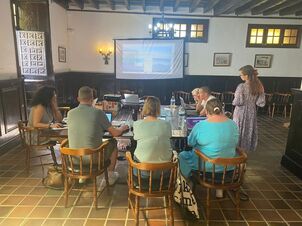
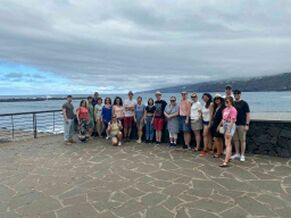
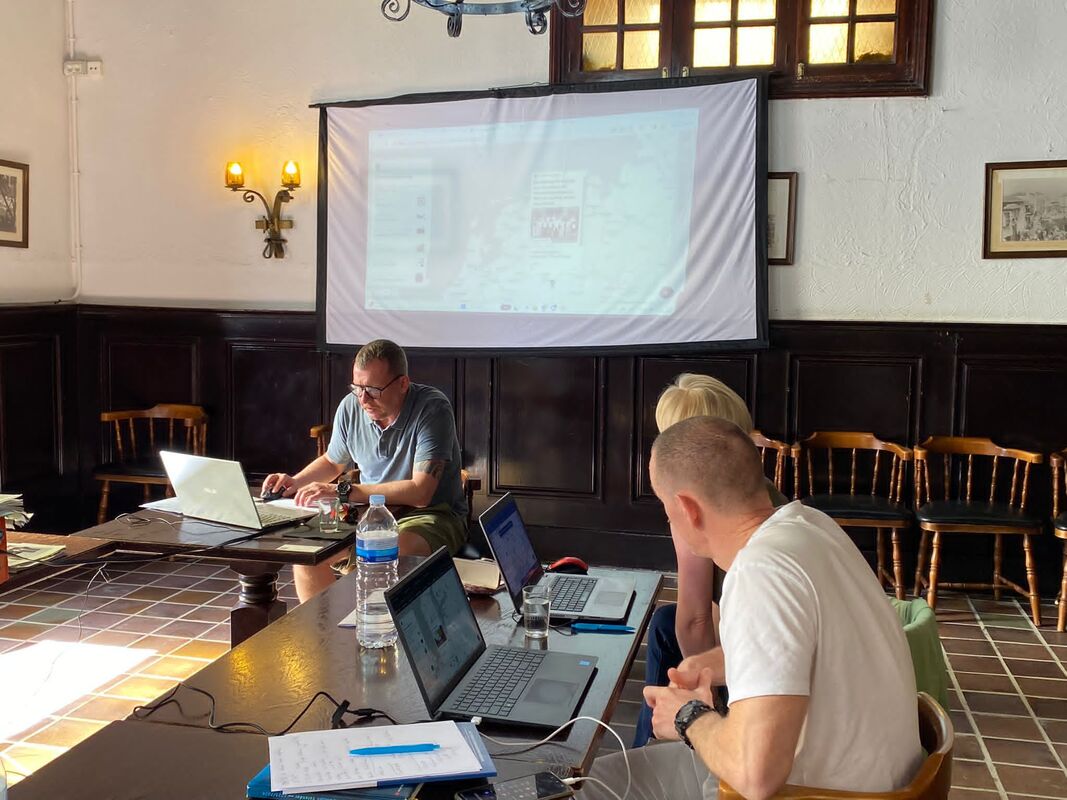
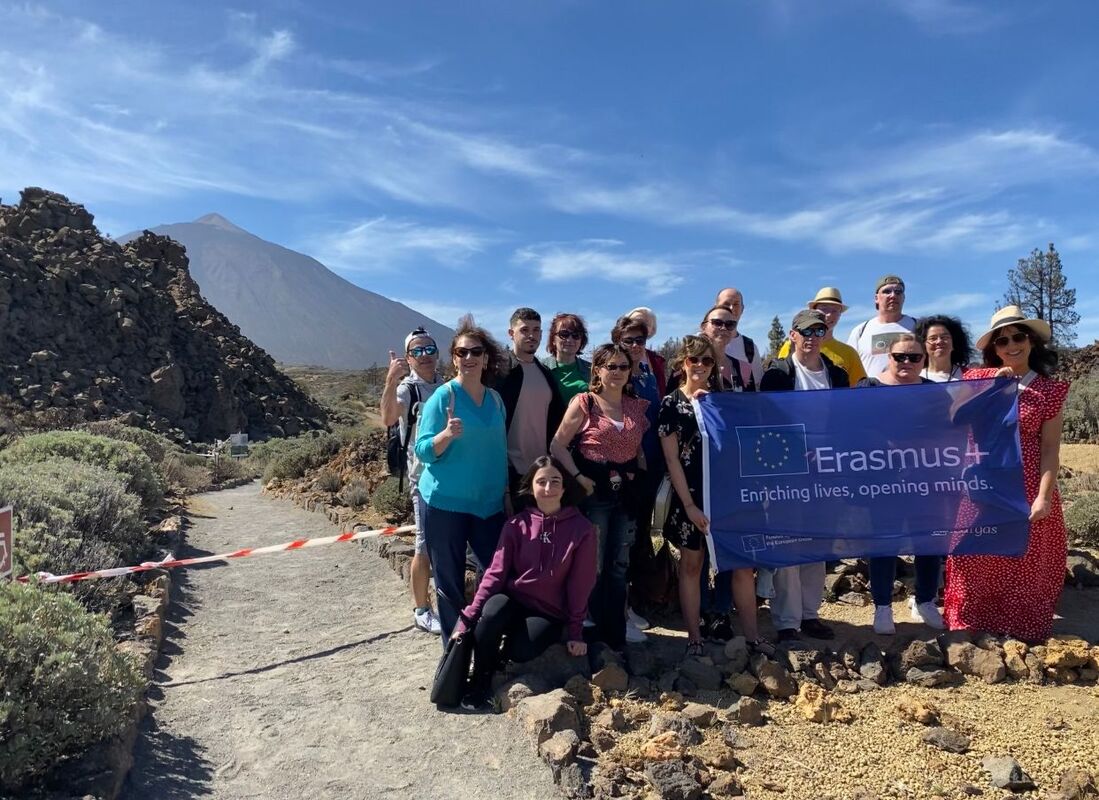
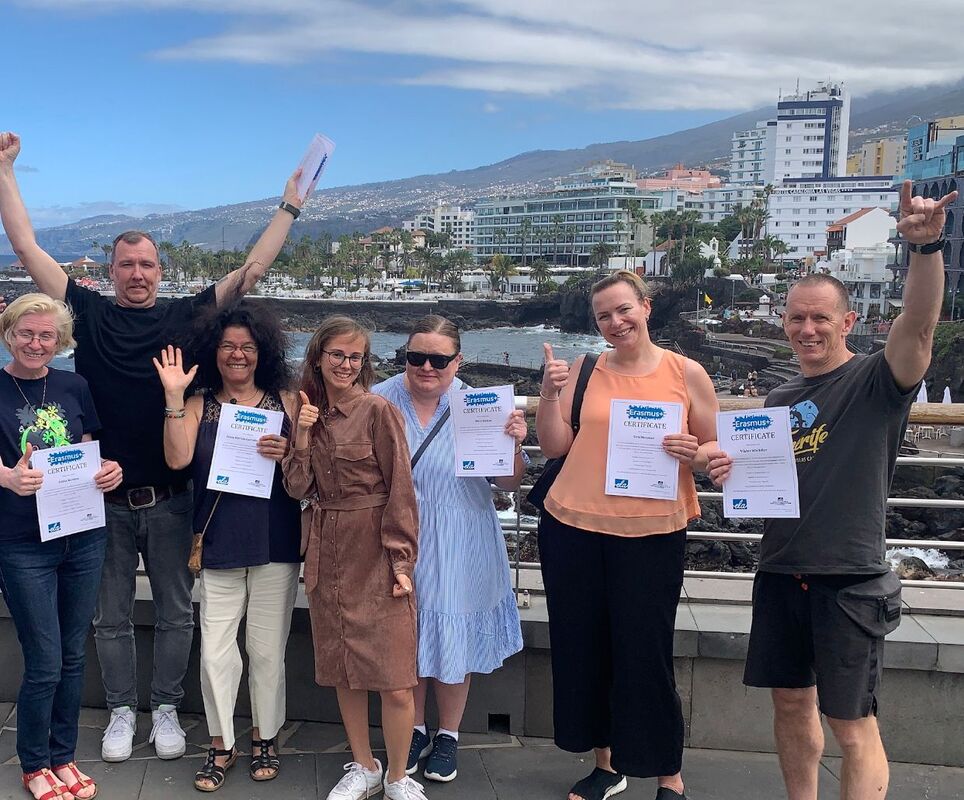
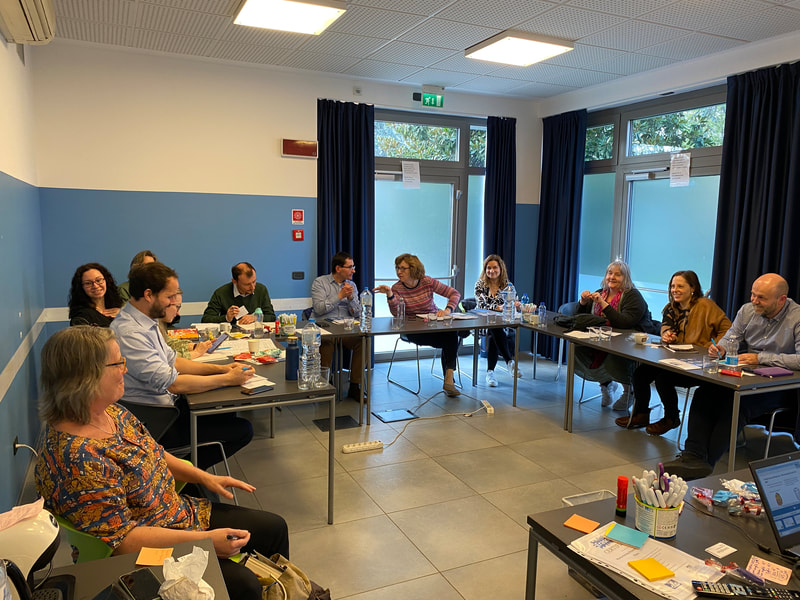
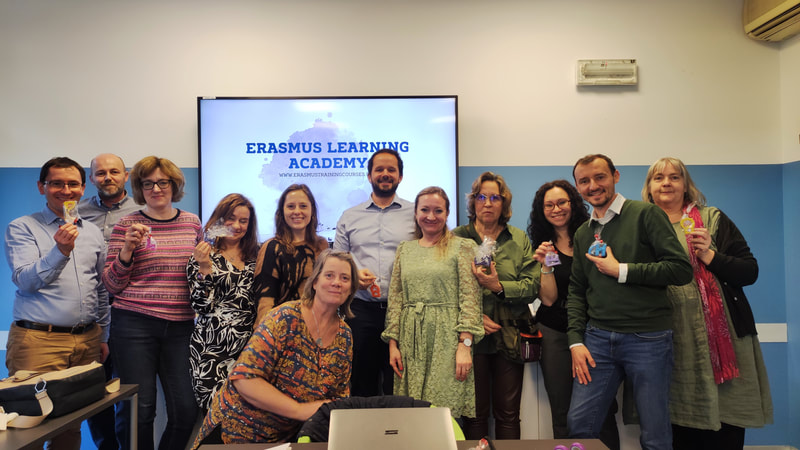
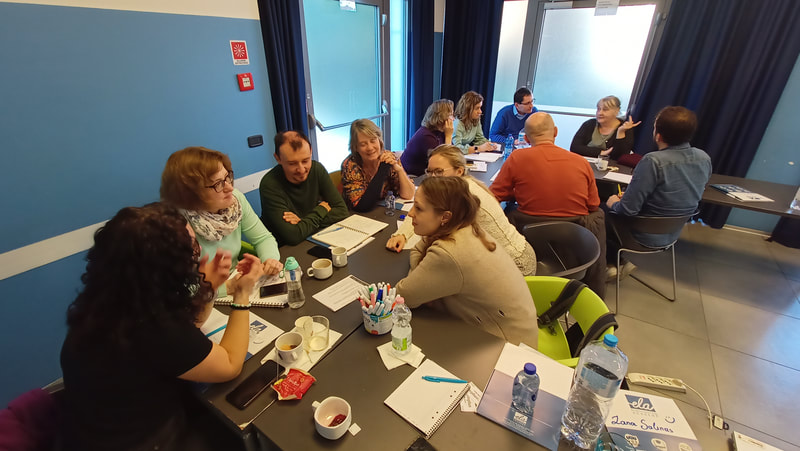
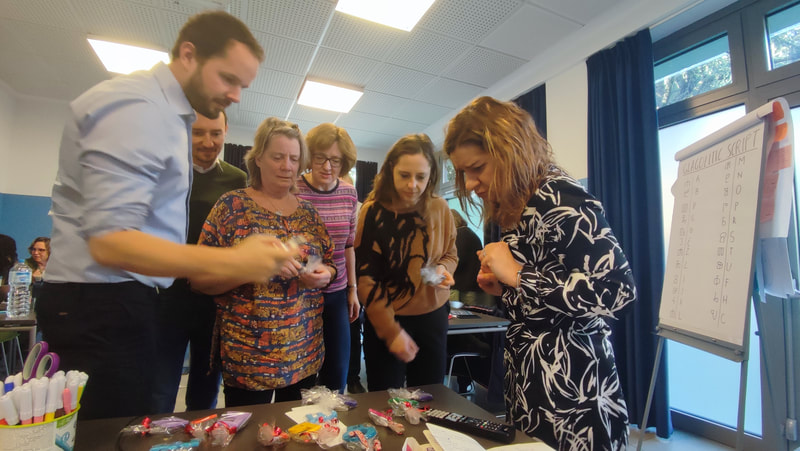
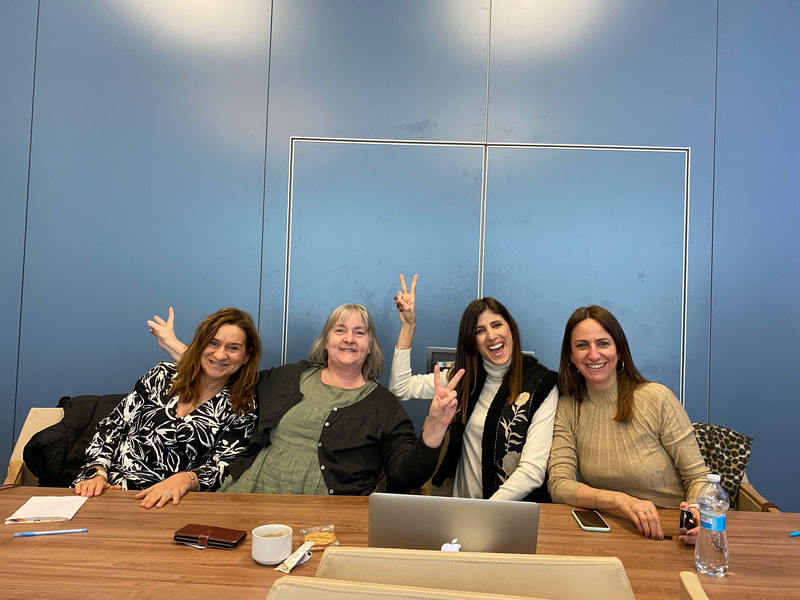
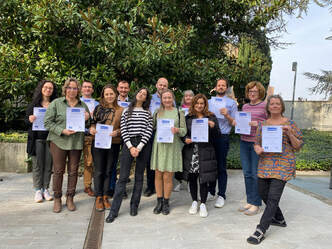
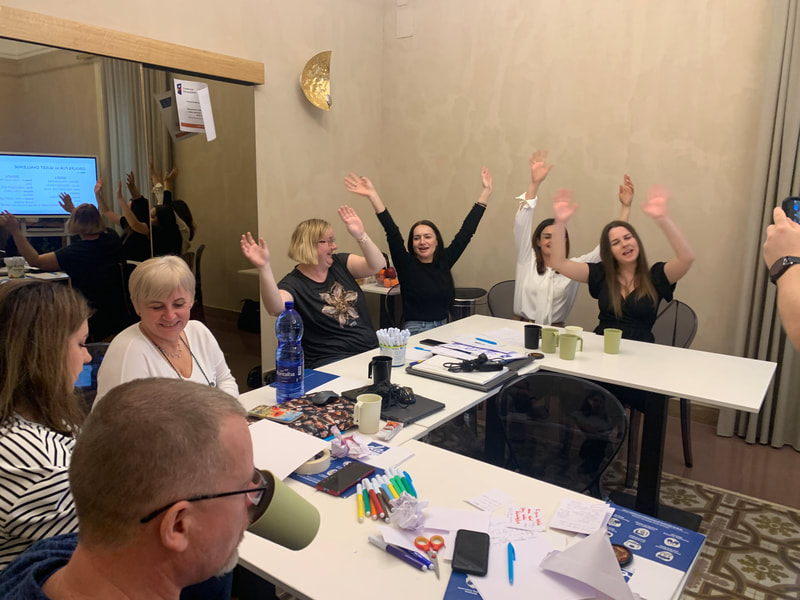
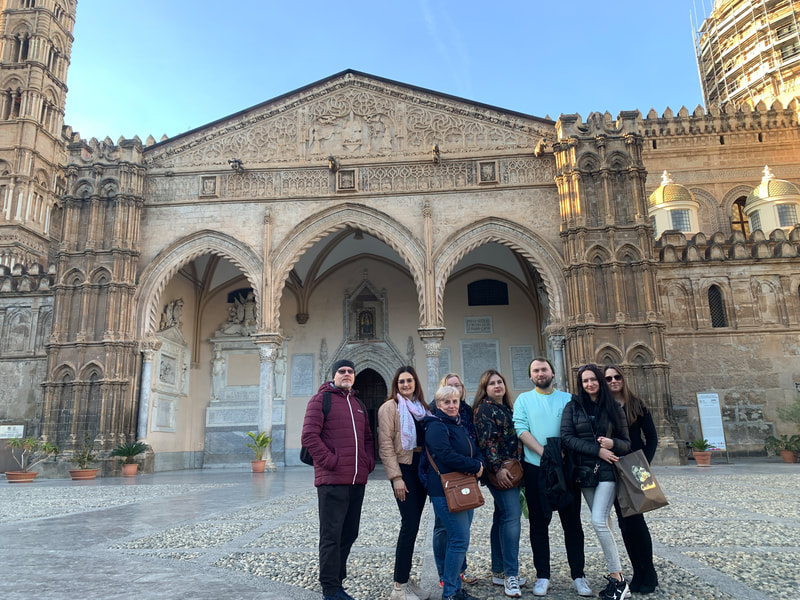
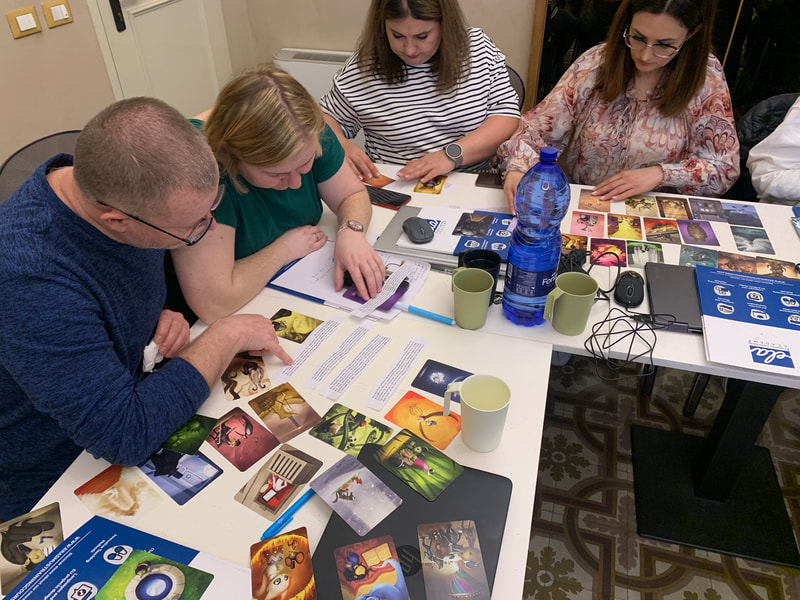
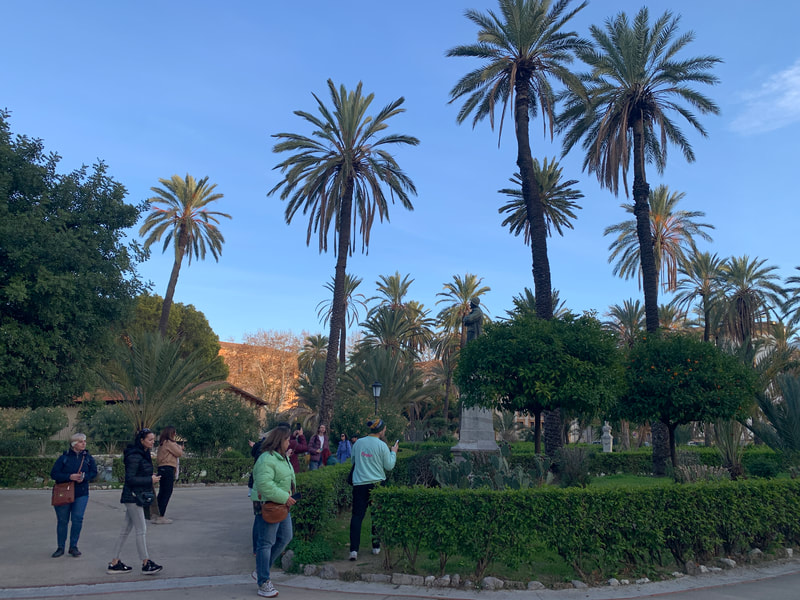
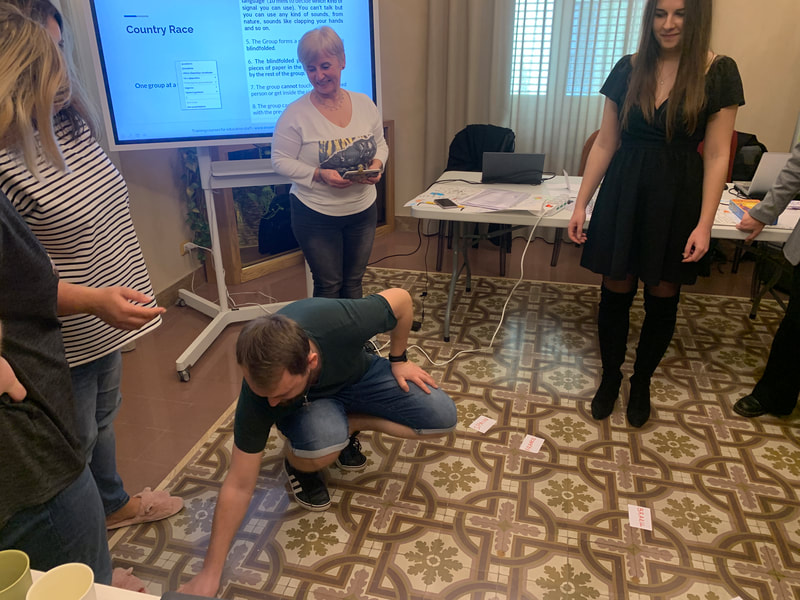
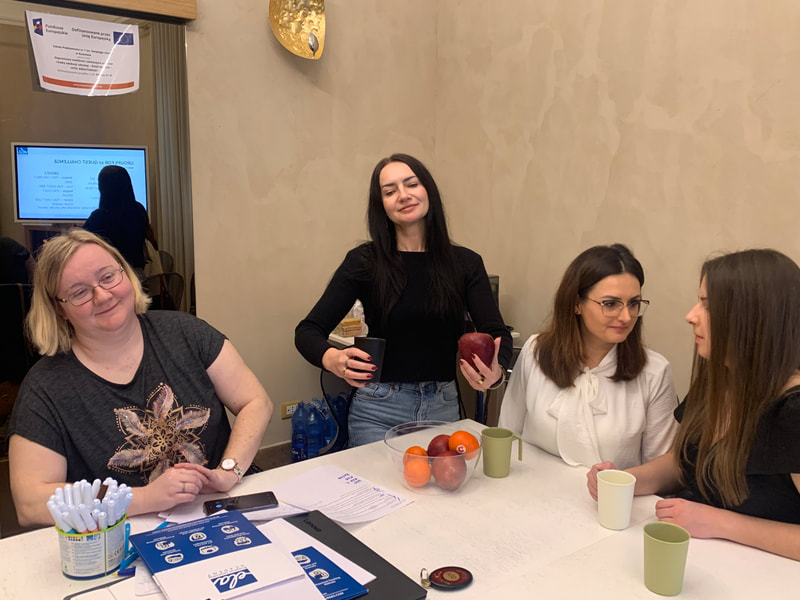
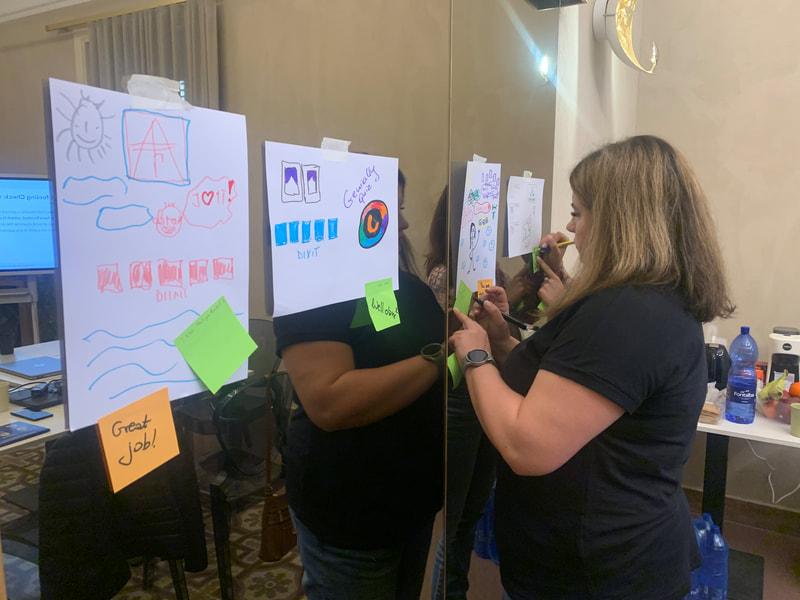
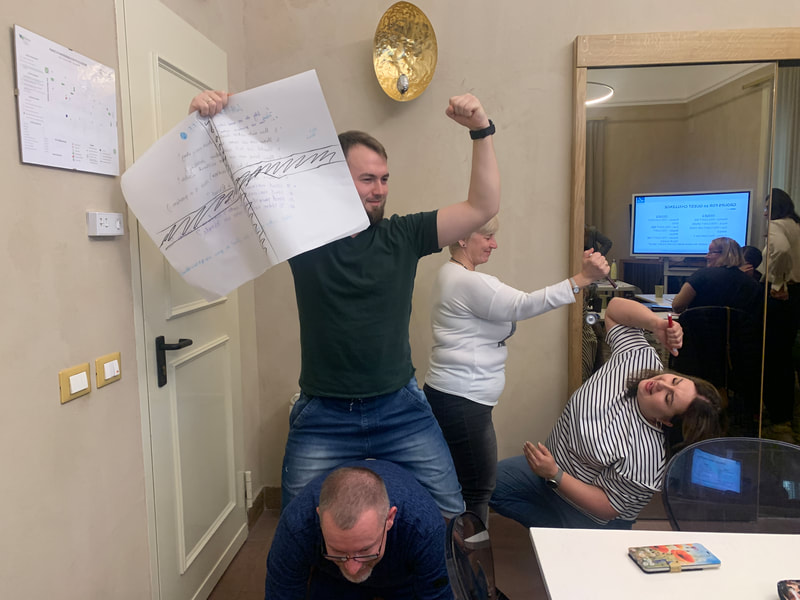
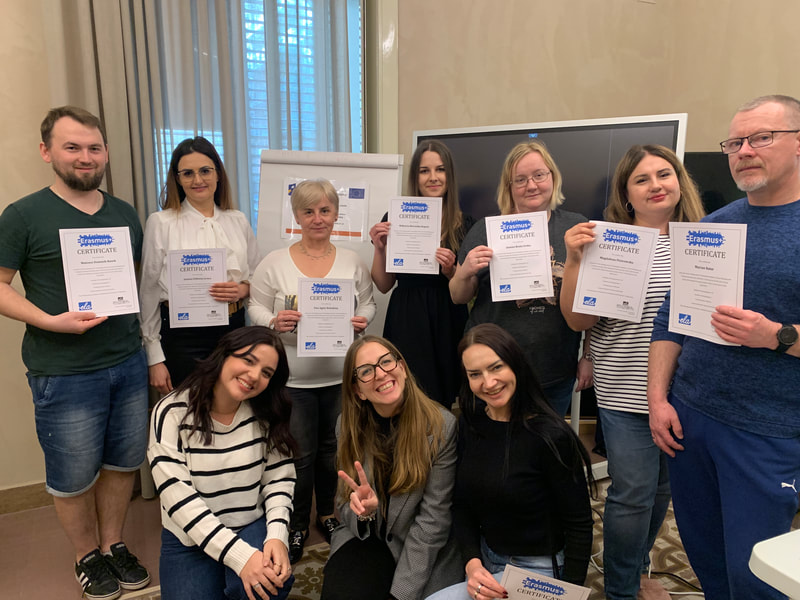
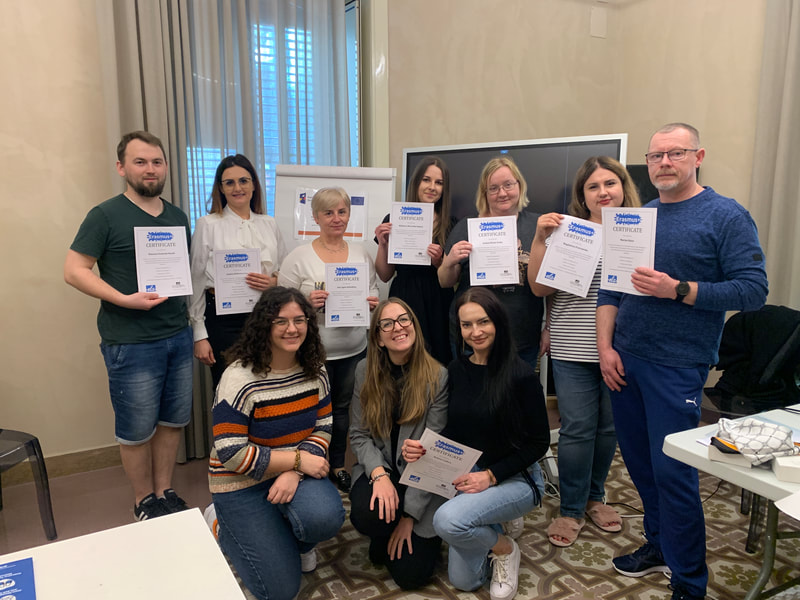
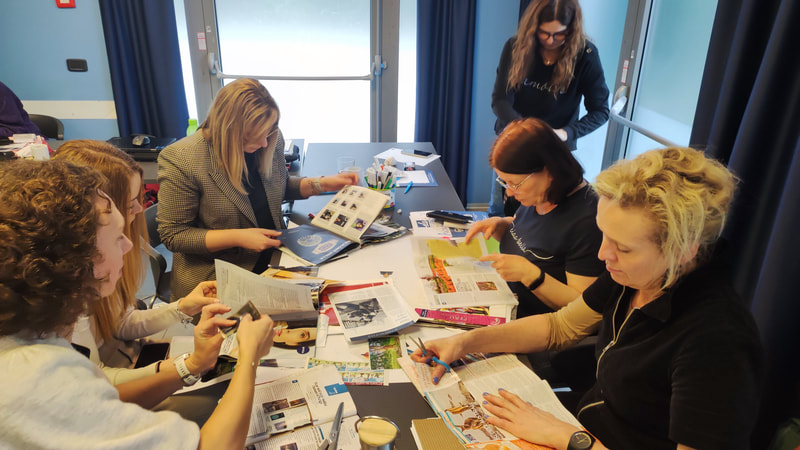
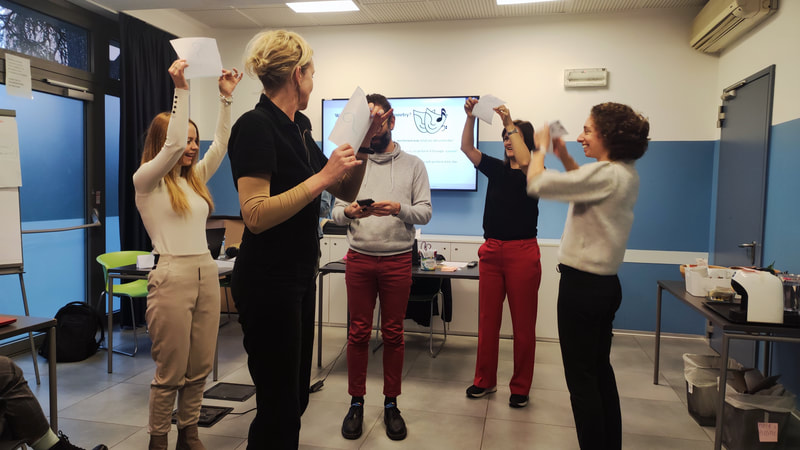
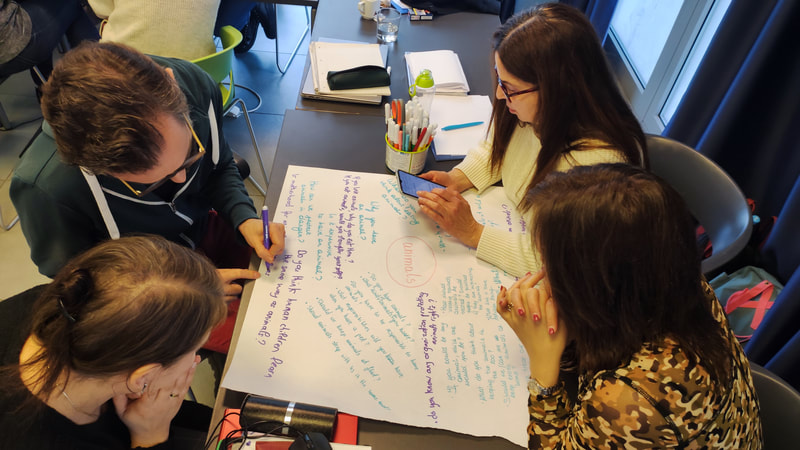
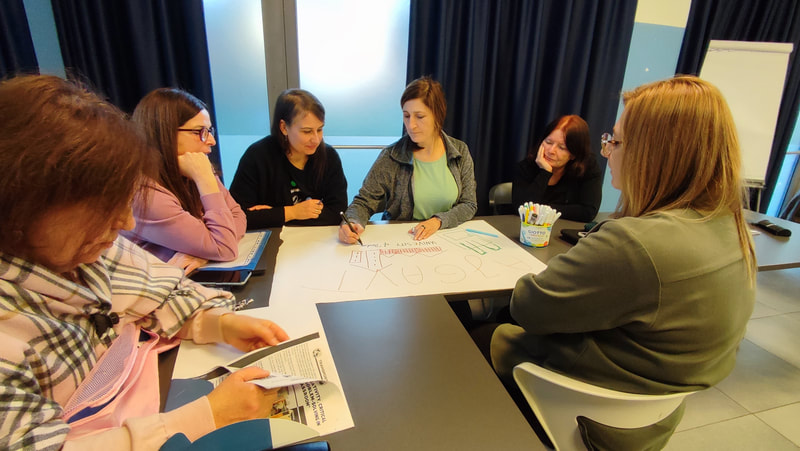
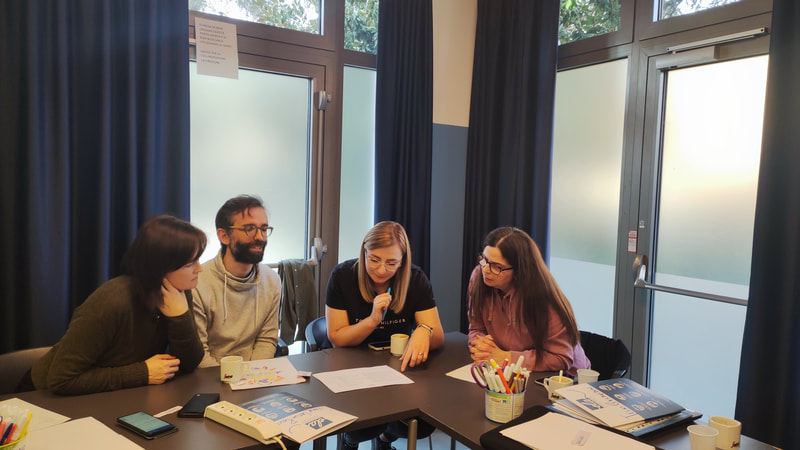
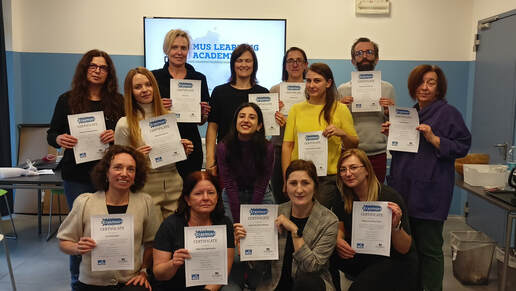
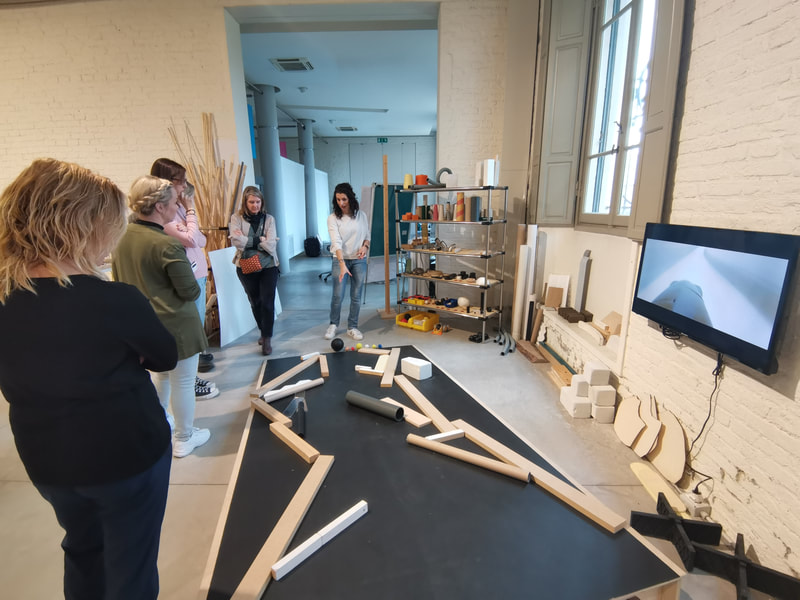
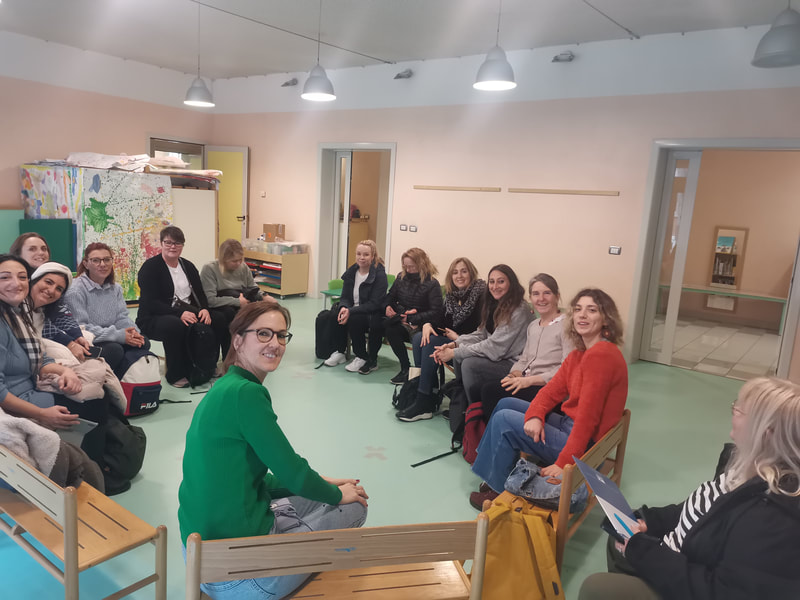
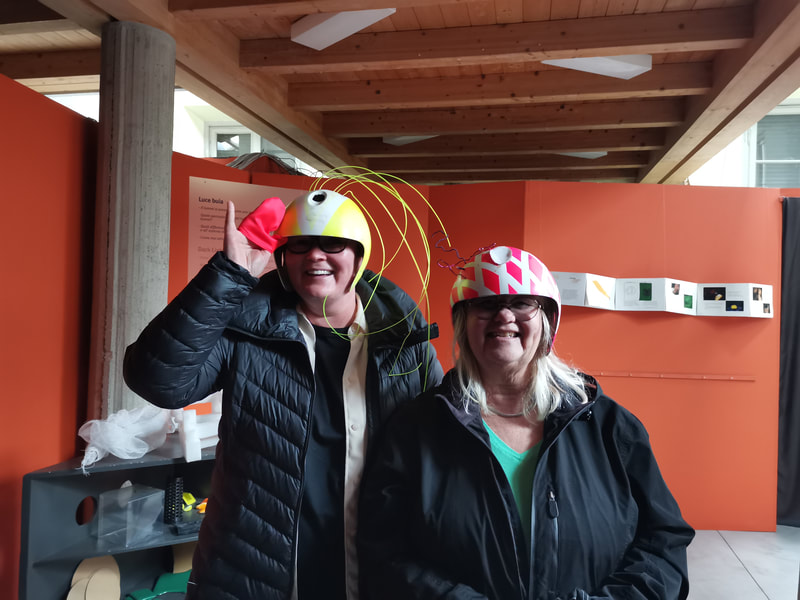
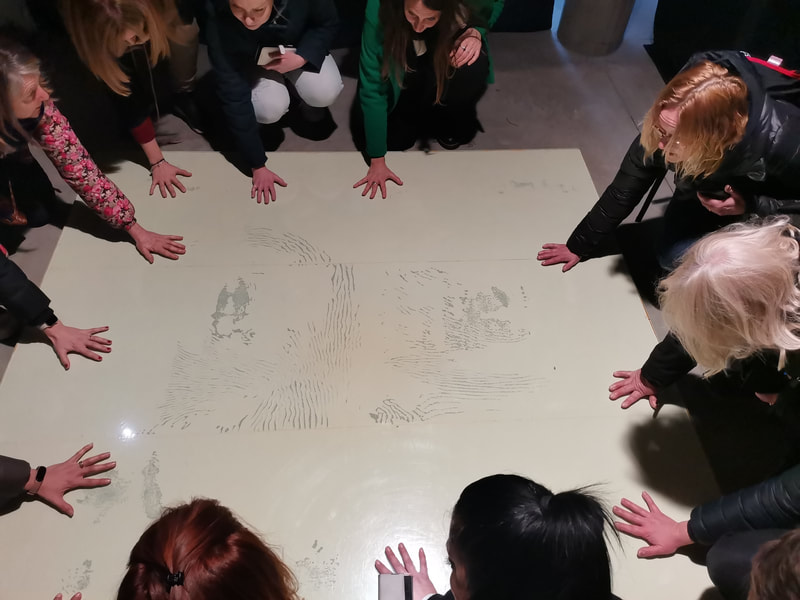
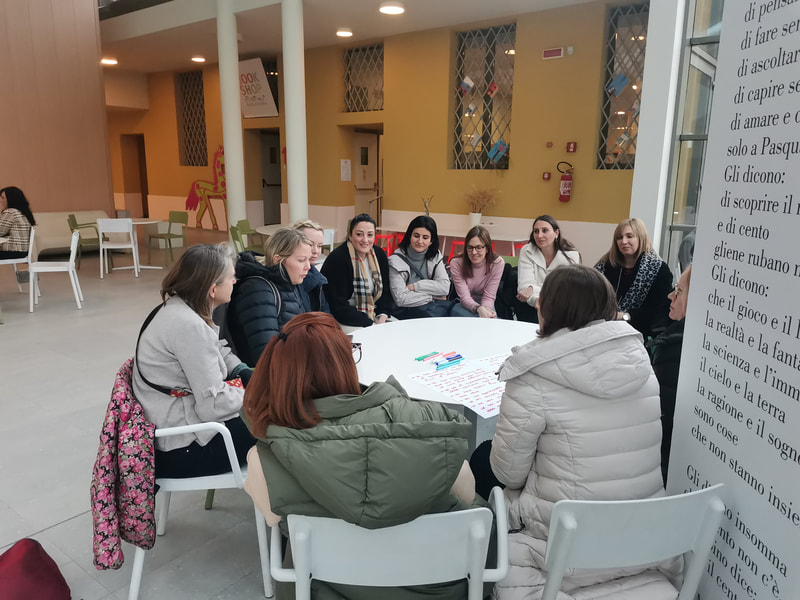
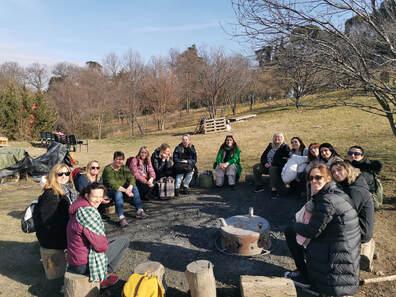
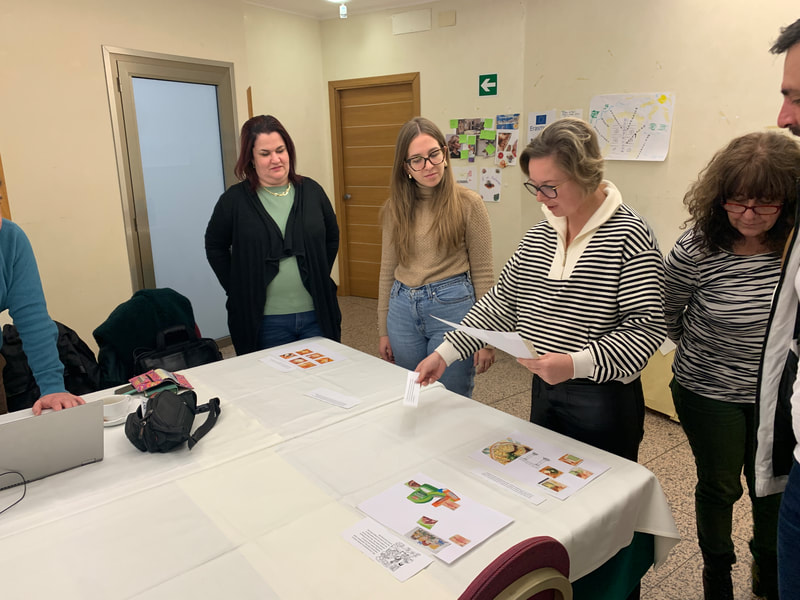
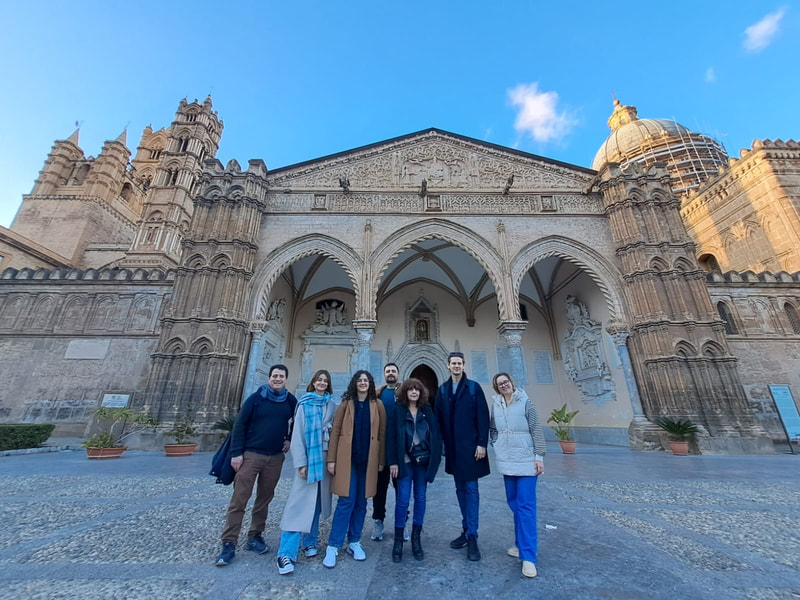
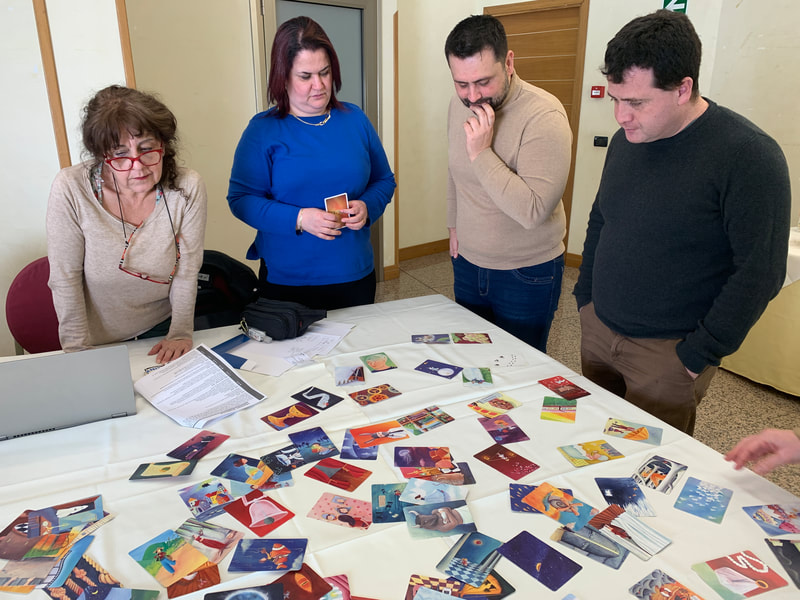
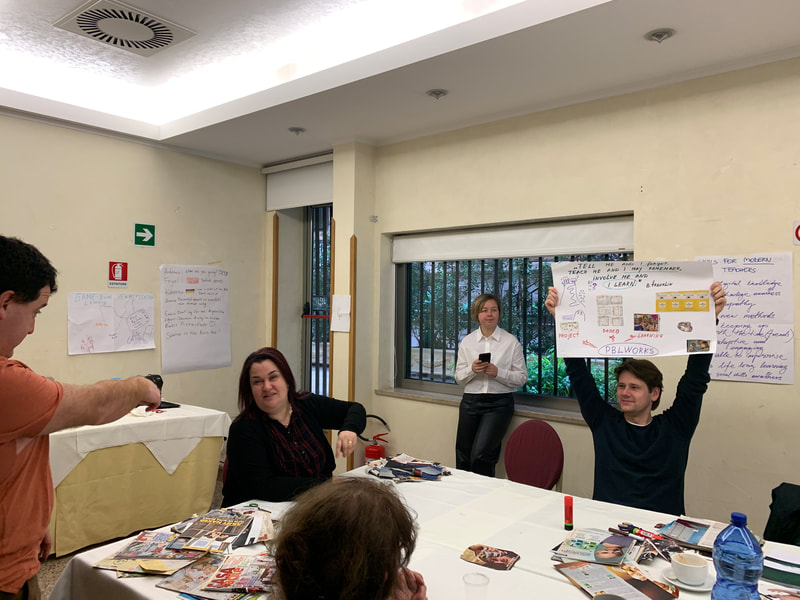
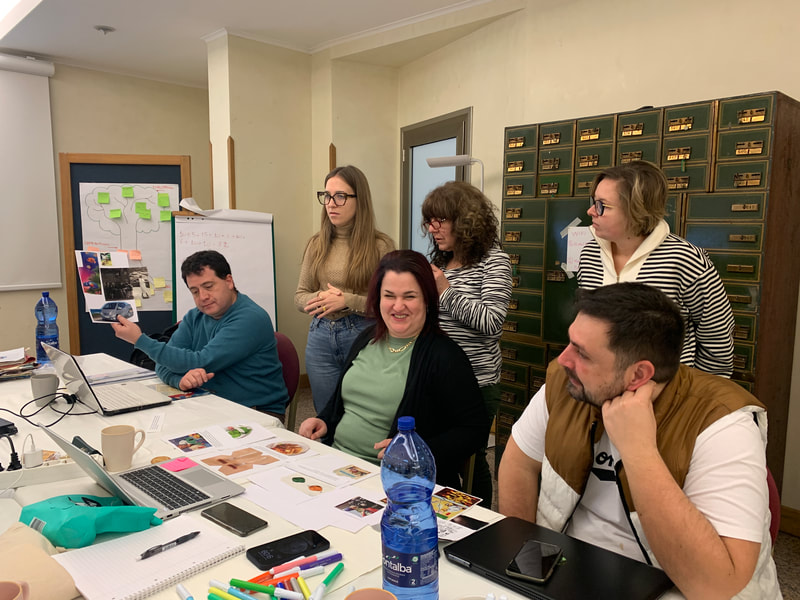
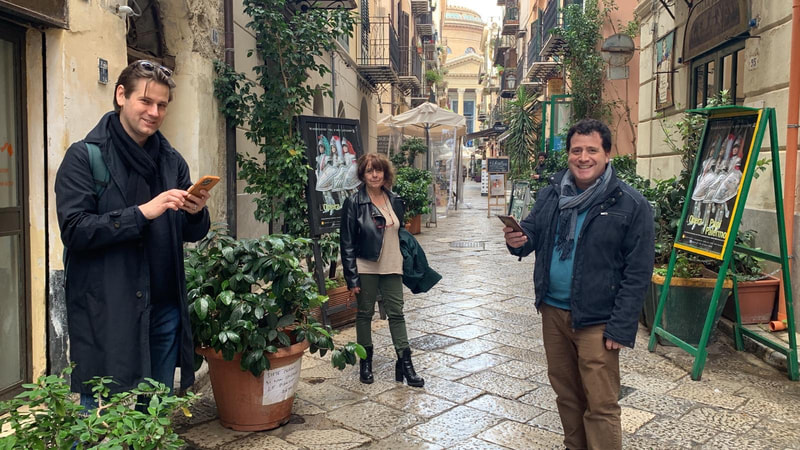
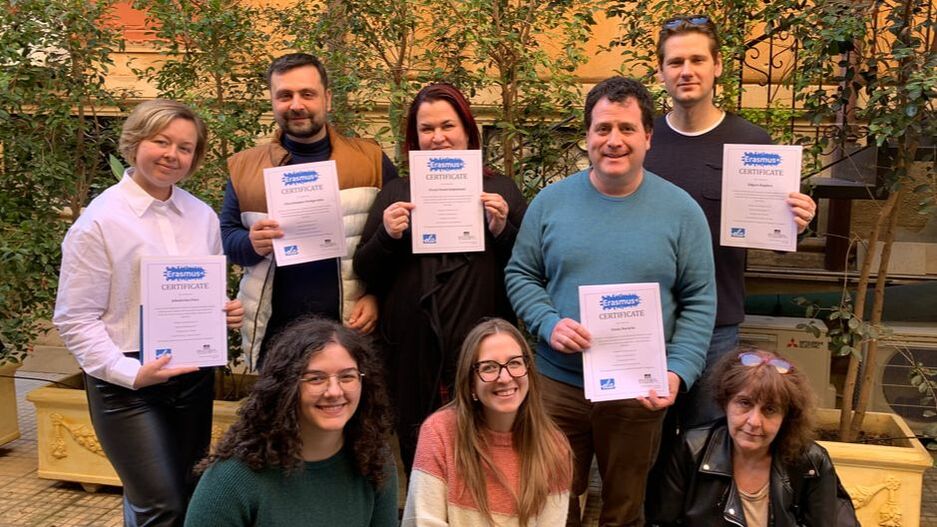
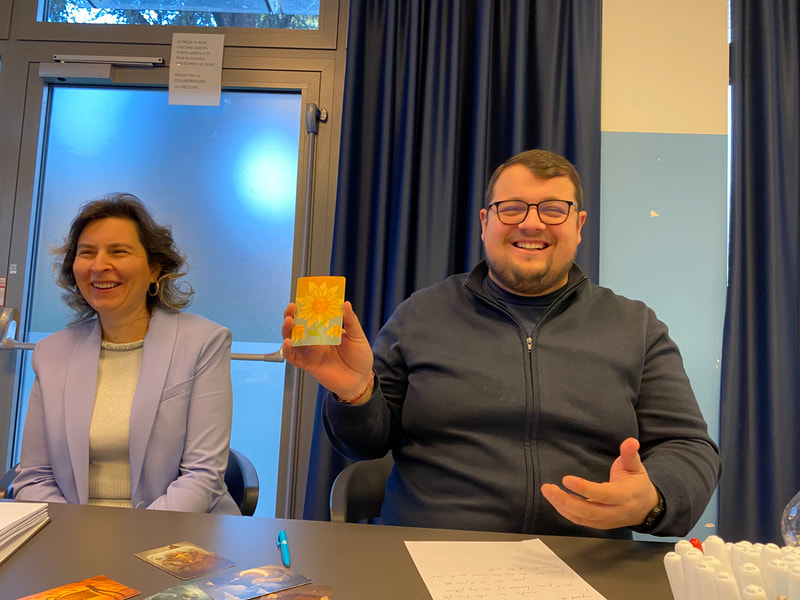
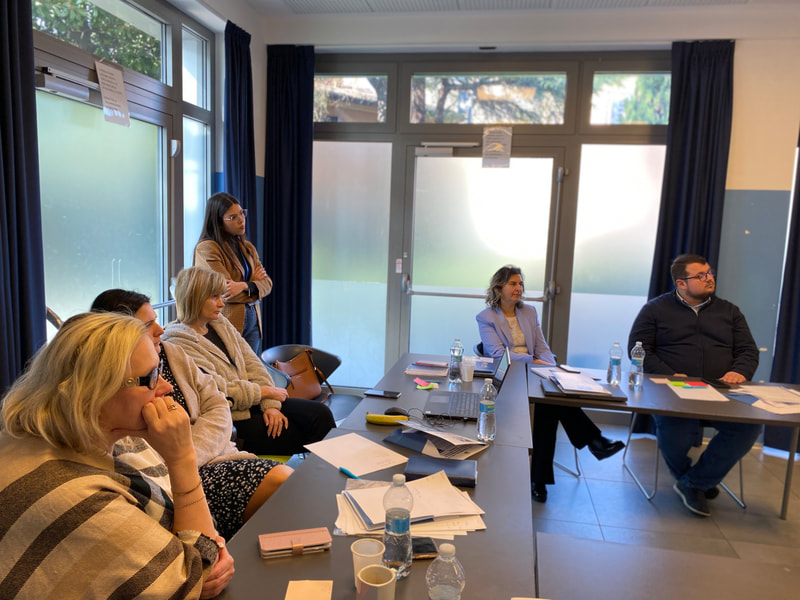
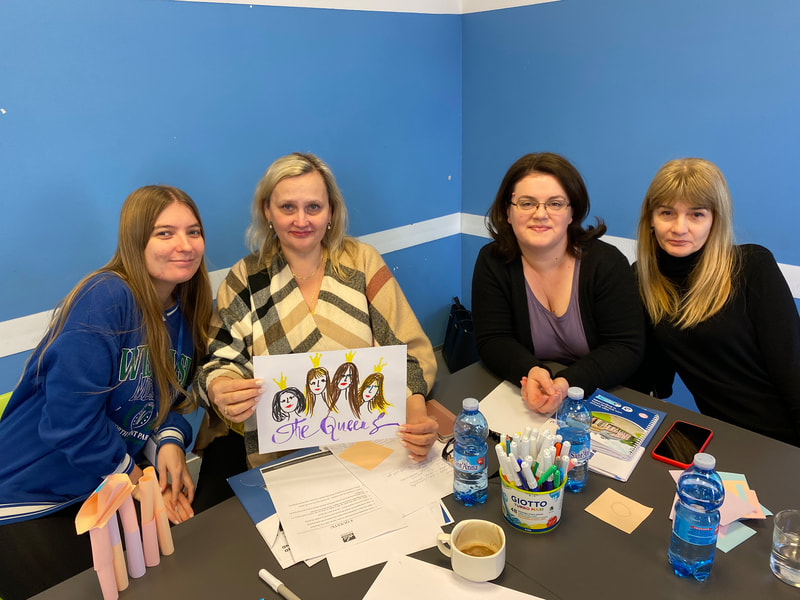
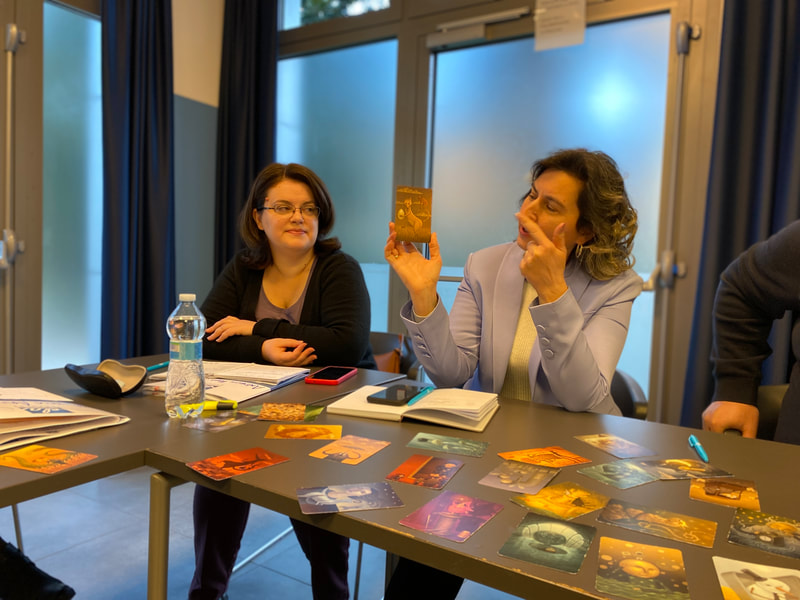
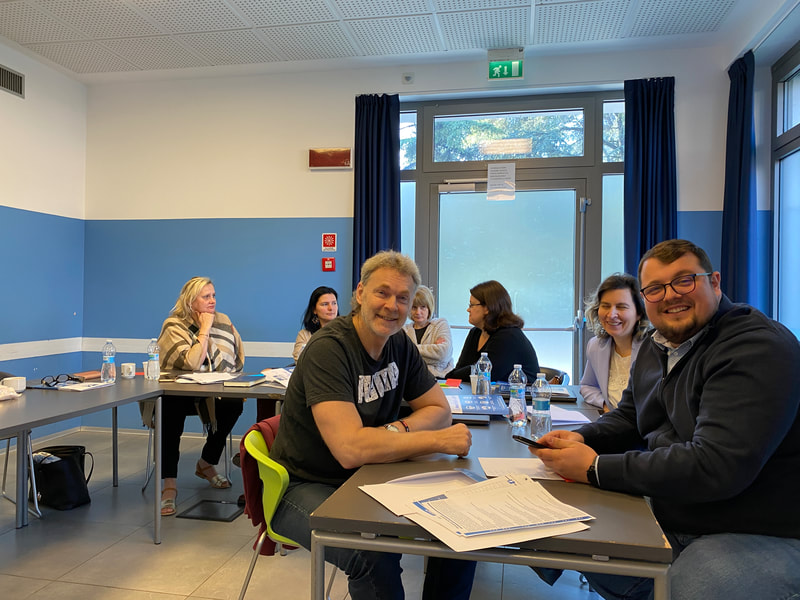
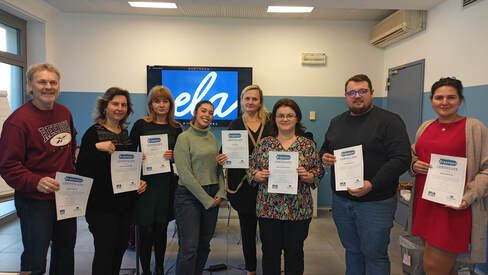
 RSS Feed
RSS Feed









